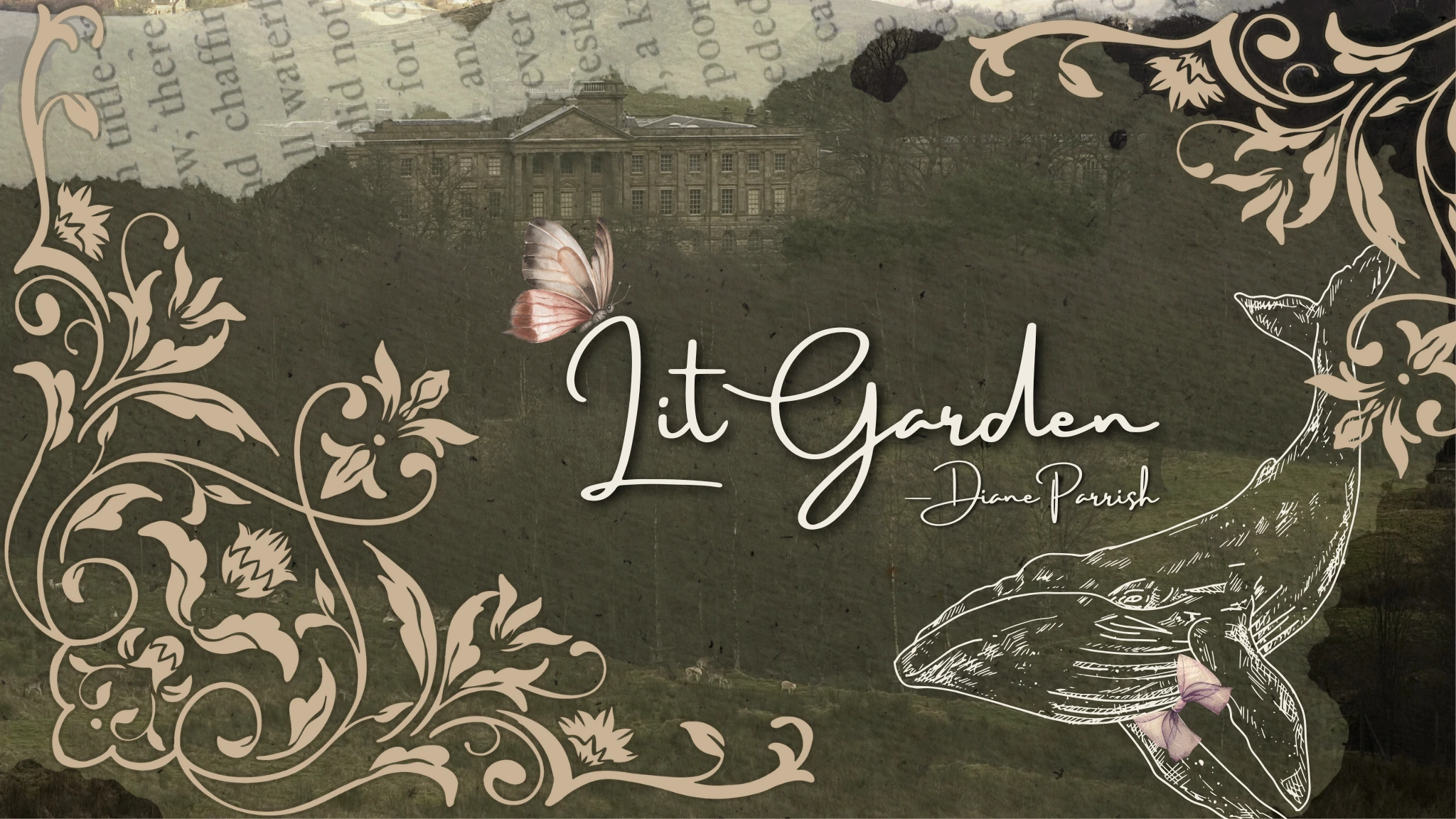Sometimes a book that’s known for one thing — revealing the mores of 19th Century English country life, for example, or capturing the eternal struggle between good and evil — is so famous for that one thing that no one pays attention to the equally noteworthy humor it contains. The classics in the list below merit a reading, not just for their serious themes, but also for their satirical, slapstick, or clever comedy.
The not-yet-classics on the list include books known primarily for being funny, which also contain sufficient wisdom and poignancy to be worth a read even if they didn’t make us laugh out loud. Those of us trying to make our way through the coming season of scary holidays and fraught elections might find this to be the perfect time to appreciate these books for both their laughs and their serious insights.
In every case, however, the reader should be forewarned: surprises ahead.
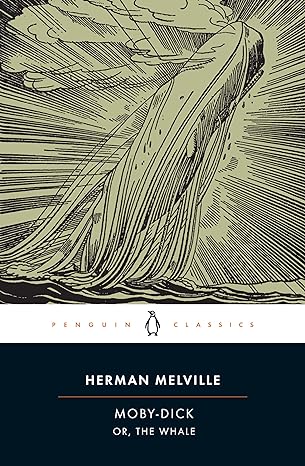
Moby Dick by Herman Melville
Moby Dick has been described as the Great American novel, the novel about obsession, the novel of the sea, but it is also pretty darned funny. Melville’s humor can be juvenile, and having been written almost 175 years ago, often inappropriate by today’s standards. His line, “It is better to sleep with a sober cannibal than a drunken Christian,” probably wouldn’t appear in any book written in 2024, but it works perfectly in the context of the scene. For the first third of the book, Melville introduces the reader to characters and situations through a steady stream of casually placed gags and jokes that provide comic relief, until they gradually diminish in frequency as the plot darkens and reaches its harrowing climax.
Warning: It is Moby Dick, after all, so it is very long, and still contains the cetology chapter, which refuses to be read for laughs, but this classic novel is worthwhile, not only for its masterful treatment of Ahab’s deranging quest for God, but also for its sneaky humor.

Pride and Prejudice by Jane Austen
Jane Austen’s humor is so dry and sly a reader who wasn’t primed to catch it might miss the fun. She possesses a rare ability to encapsulate a character’s foolishness in precious few words. For those who do appreciate her wit, there is a running debate about whether Pride and Prejudice or Northanger Abbey is her funniest book. I’ve read P & P more recently, so I’m giving it the nod. In the book, she captures Mr. Collins’s ludicrous pomposity with this little exchange:
Mr. Collins: And what excellent boiled potatoes. It’s been many years since I had such an exemplary vegetable. To which of my fair cousins should I compliment the cooking?
Mrs. Bennet: We are perfectly able to keep a cook.
Austen’s classic novel strikes all the right notes about early feminism, the liberating power of honesty, and the soul-crushing need for cash within a certain stratum of English Georgian society.
Warning: Austen makes her points with so much grace, romance, and humor that it’s easy to forget the real pain of impoverished spinsterhood that awaited many young women if the right (moneyed) man didn’t come along.
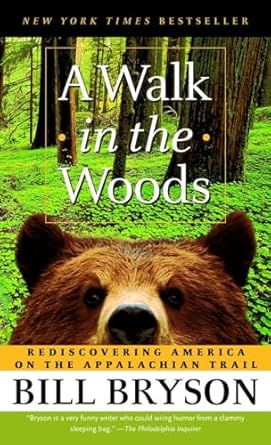
A Walk in the Woods by Bill Bryson
Jumping ahead a couple of centuries or so, we encounter Bill Bryson’s A Walk in the Woods, a travel journal well on its way to becoming a classic in the genre. Bryson’s observations about nature are at their core reminders to stop and pay attention and invitations to personal growth. It’s funny when he correctly observes:
“Black bears rarely attack. But here’s the thing. Sometimes they do. All bears are agile, cunning and immensely strong, and they are always hungry. If they want to kill you and eat you, they can, and pretty much whenever they want. That doesn’t happen often, but — and here is the absolutely salient point — once would be enough.”
Like the best journeys, this one changed Bryson. “I gained a profound respect for the wilderness and nature and the benign dark power of woods. I understand now, in a way I never did before, the colossal scale of the world. I found patience and fortitude that I didn’t know I had.”
Warning: the author is generally much kinder to the flora and fauna of the forests than he is to the bipeds observing them. A reader might well feel the pinch of self-recognition.
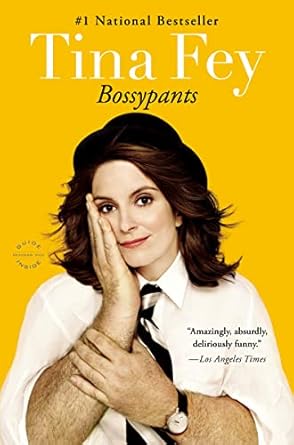
Bossypants by Tina Fey
Tina Fey’s Bossypants is another 21st Century book that balances laugh-out-loud funny with lump-in-your-throat tender. Here is a portion of the prayer Fey wrote for her daughter:
“Lead her away from Acting but not all the way to Finance. Something where she can make her own hours but still feel intellectually fulfilled and get outside sometimes and not have to wear high heels. What would that be, Lord? Architecture? Midwifery? Golf course design? I’m asking You, because if I knew, I’d be doing it, Youdammit … And should she choose to be a Mother one day, be my eyes, Lord, that I may see her, lying on a blanket on the floor at 4:50 A.M., all-at-once exhausted, bored, and in love with {her child}.
‘My mother did this for me once,’ she will realize … ‘my mother did this for me.’ And the delayed gratitude will wash over her as it does each generation and she will make a Mental Note to call me. And she will forget. But I’ll know because I peeped it with Your God eyes.”
The warning for this book: I know from experience that you will embarrass yourself if you read it in public because you will laugh so hard you cry, and then cry so hard you sob.
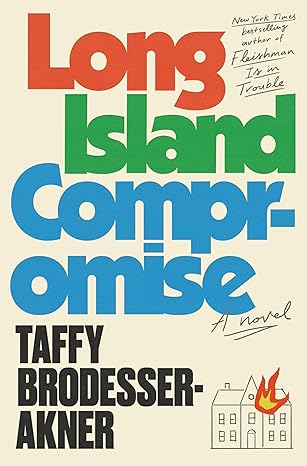
Long Island Compromise by Taffy Brodesser-Akner
The final book is the most recent, Long Island Compromise by Taffy Brodesser-Akner, released this summer. The author takes an actual event, the kidnapping of a wealthy Long Island factor owner Jack Teish in the 1970s, and imagines the outsized, endless psychological damage caused to a fictional family in similar circumstances. The book is very serious about PTSD, family secrets, addiction, self-sabotage, Jewish culture in America, and perhaps above all what the author perceives as the poisonous criminal basis for all wealth. I listened to the book, brilliantly read by Edoardo Ballerini. It is unsettling, even disturbing, but also hilarious social satire. A snippet:
“You’re doing a triathlon?”
“Plus. Oh, it’s the regular three sports, but then a combat sport, then an additional brain challenge.” He counted them out. “Biking, running, swimming, like a triathlon, but then a quick jousting match, then a chess match. Body and mind.”
The warning for this book: addiction to drugs and masochistic sexual practices are graphically described and a reader, like me, made queasy by such things, will need from time to time to hit the fast-forward button. But the laughter and pathos are worth it.
Lit Garden is a monthly book recommendation column from Diane Parrish. You can view previous columns here.

